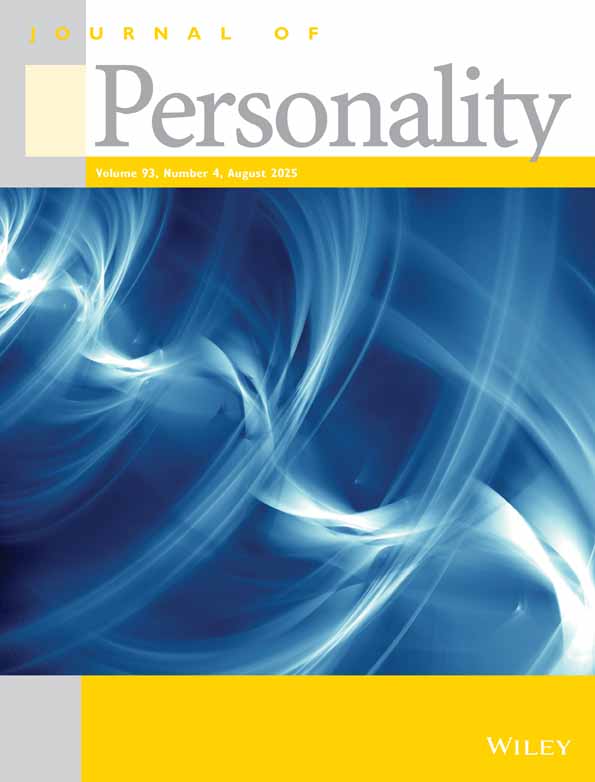Testing hypotheses about the self: Assessments of job suitability1
This research and the preparation of this manuscript were supported in part by National Science Foundation Grant BNS 77–11346, “From Belief to Reality: Cognitive, Behavioral, and Interpersonal Consequences of Social Perception,” to Mark Snyder, and in part by a Social Sciences and Humanities Research Council of Canada Doctoral Fellowship to Berna Skrypnek. Portions of this manuscript were prepared while Mark Snyder was a Fellow at the Center for Advanced Study in the Behavioral Sciences. We thank Rose Elliott and Rita Iacarella for their assistance in the conduct of this investigation; and Gene Borgida, Nancy Cantor, Steve Gangestad, and Judy Maki for their comments on an earlier version of this manuscript. Requests for reprints should be sent to Mark Snyder, Laboratory for Research in Social Relations, Department of Psychology, University of Minnesota, 75 East River Road, Minneapolis, Minnesota 55455.
Abstract
This investigation examined the strategies employed by individuals when testing hypotheses about the self. Participants known to possess masculine, feminine, or androgynous sex role identities tested hypotheses about their suitability for one of two jobs: either a job characterized in terms of the attributes and aptitudes typically associated with a “masculine” personality, or one characterized in terms of those typically associated with a “feminine” personality. When testing these hypotheses about themselves, participants preferentially reported those aspects of themselves that would suggest their suitedness rather than their unsuitedness for the job under consideration regardless of their sex role identity. Moreover, subsequent judgments of job suitability were positively related to the amount of suitedness evidence reported, but unrelated to the amount of unsuitedness evidence reported. Some consequences of these strategies for testing hypotheses about the self are discussed.




